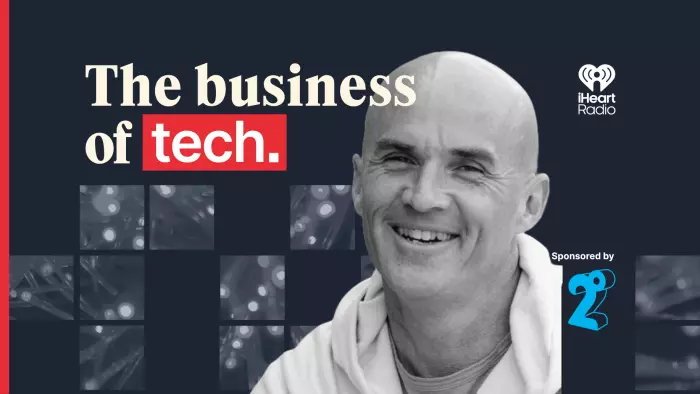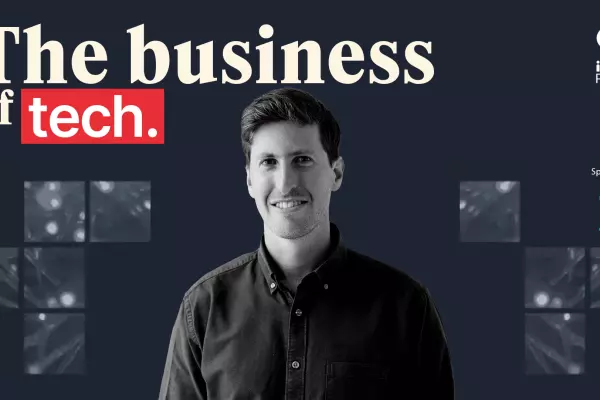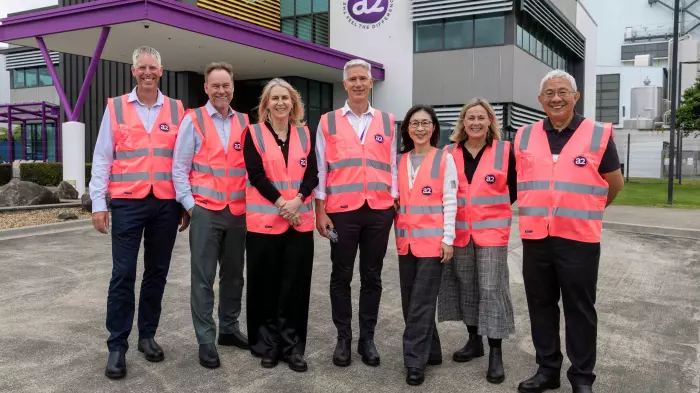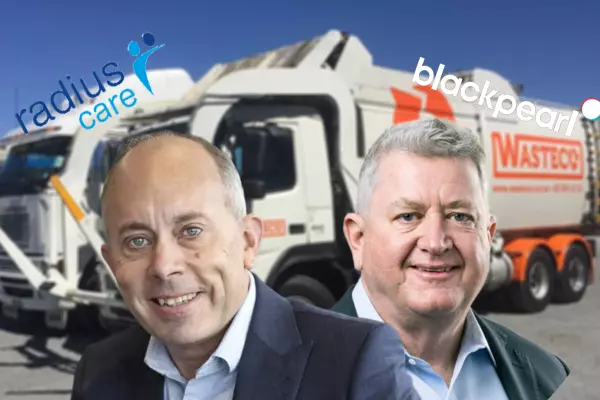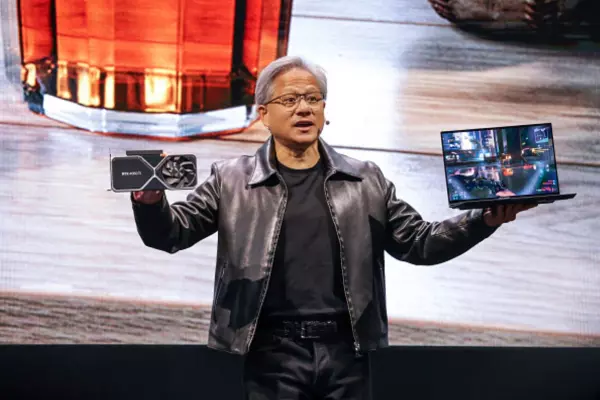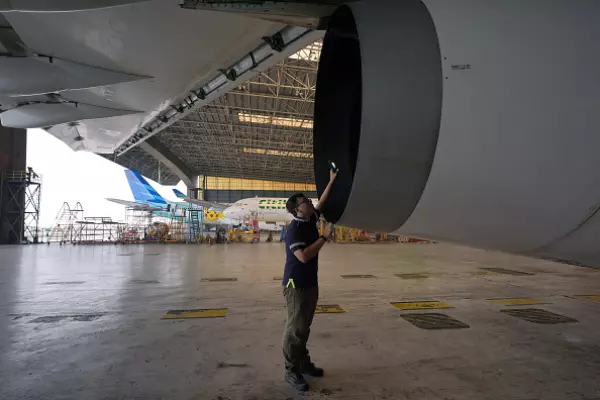Tech industry veteran Rowan Simpson has been involved in some of the country’s most successful startups – Trade Me, Xero, Timely and Vend among them.
They all resulted in sizeable exits for their founders, employed thousands of New Zealanders in high-paying jobs and attracted millions of customers between them.
But they almost went to the wall at one point.
In the case of Trade Me, which Simpson joined as employee No 3 alongside Sam Morgan and his sister Jessi 25 years ago at the dawn of the e-commerce era in NZ, the founding team almost gave up on it entirely.
Running out of money and unable to raise more amid the dotcom crash, three-quarters of the Trade Me team decamped to London to work as contractors, leaving Simpson’s friend and colleague, Nigel Stanford, to hold the fort back at home.
“When I left to go to the UK, if I'm honest, I didn't think there'd be a Trade Me to come back to,” Simpson told me on this week’s episode of The Business of Tech podcast.
Only turkeys pay for classifieds
But before the three friends opted to trade the stress of startup life for carefree travel, they made a big change to Trade Me’s business model, more out of desperation than anything else.
At the time, Trade Me offered free listings of second-hand goods, selling adverts on the website to make money. But the ad revenue wasn’t adding up.
“We literally had billboards back in those days which said ‘only turkeys pay for classifieds’,” Simpson said. “That was the tagline for Trade Me. So we were quite wrong about the business model.”
Trade Me began charging a small “success fee” on completed sales. It turned out to be quite lucrative – people were willing to pay to offload unwanted items quickly.
The three travellers returned to Trade Me and grew it into the most successful NZ internet business, selling to Fairfax in 2006 in a deal worth $750 million, a massive transaction at the time.
The founders and early investors recycled some of the sales proceeds into other startups. The venture capital firm Movac was founded when early Trade Me investor Phil McCaw invested sales proceeds into funding the next generation of startups.
The success of Trade Me helped spawn a startup ecosystem in NZ and Simpson went on to contribute his cash and experience to many other startups. But it didn’t necessarily get any easier.
How to Be Wrong is a refreshingly honest retelling of some of the existential crises those startups also faced.
Sometimes it was the result of poor management decisions; other times, such as in the case of Timely, external forces nearly spelt disaster when the Covid pandemic arrived in 2020.
Hairdressers, beauty salons and spas use Timely’s online booking software. But the lockdowns around the world led to bookings drying up.
“We saw those numbers go very quickly to zero as the world shut down,” Simpson said. “That required a really quick pivot for the business. We had to respond very quickly to that or we would have been dead.”
From lockdown to major exit
Timely slashed costs, with staff agreeing to salary reductions. Discounts were offered to customers and the team shared data with them to help them claw back as much business as possible in a world of social distancing.
“We retained the bulk of our customer base, albeit on reduced subscriptions. As competitors dealt with their own survival, we even gained market share. That additional revenue allowed us to keep the cycle going,” Simpson wrote in How to be Wrong.
Just a year later, Timely was acquired by Denver-based EverCommerce in a deal worth more than $100m.
“It's easy to retrospectively look back on those four companies and say, 'you know, they were great successes', but that's not how they felt,” Simpson said.
Startup founders make mistakes.
Events conspire to thwart their carefully laid plans. But Simpson’s experience shows curveballs can be dodged – if you are honest with yourself.
He advised startup founders never to assume they are right, measure everything, and don’t lie – especially to themselves.
“I told a few of those stories in this book, too, where people know that something's not working, but it kind of doesn't serve them to be honest about that, especially externally. And so they just sort of plough on.”
He said the honest story of startup life was “messy, convoluted and doesn't fit so nicely into sound bites".
But the key to success is nailing the execution, something Simpson says we need to focus more on for our startup ecosystem to thrive.
“Building a successful business is not just about an innovative idea; it’s mostly about execution,” he wrote. “An innovative idea is like an algorithm that has been written on a whiteboard, but never run on an actual computer. What matters is how well it executes."
Be best, not first
As Apple, Amazon, Xero, and other successful tech companies have demonstrated, being the best is more important than being first.
A close observer of the major shake-up under way in the innovation sector, Simpson suggested trying to pick winners as a nation in terms of backing particular sectors or companies is a losing game.
“We've invested enormous amounts of money, billions of dollars over 10 or 15 years trying to build an ecosystem from the top down. The measurable results of that are pretty hard to find,” he said.
“Certainly, if you look at the highest level economic indicators, productivity, per-capita GDP, these things haven't improved at all; in most cases, they have deteriorated.”
Instead, he said, we should focus on building great companies and startup teams with a laser focus on execution.
“The smart way is to try and build these companies up one at a time,” he said. “So if you're somebody who really wants to contribute to an ecosystem, choose one company and go and work for it or invest in it. Get close to it and make it as great as you can.”
Listen to the full interview with serial tech investor Rowan Simpson in this week’s episode of The Business of Tech.


